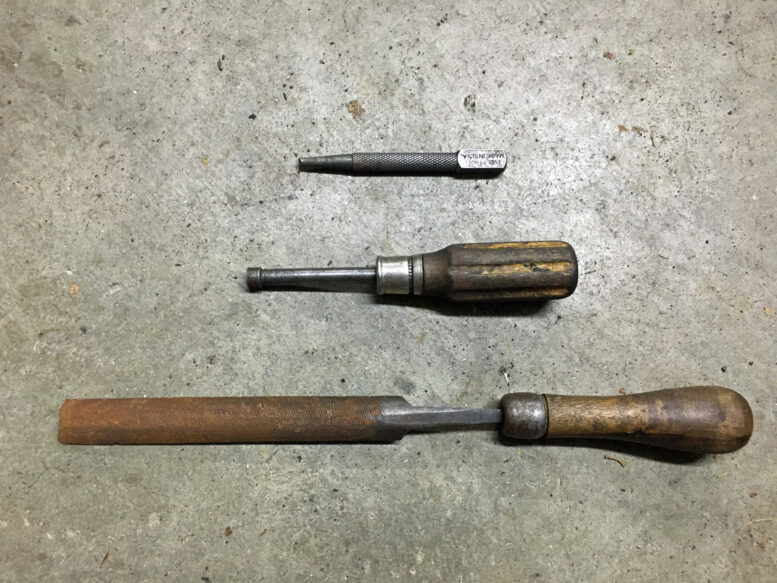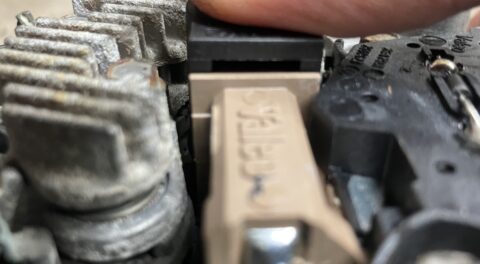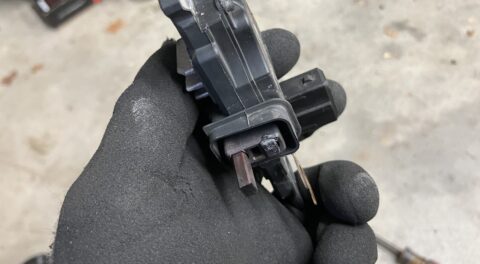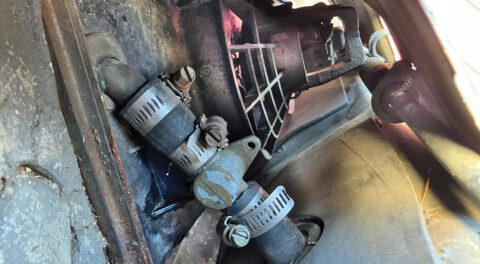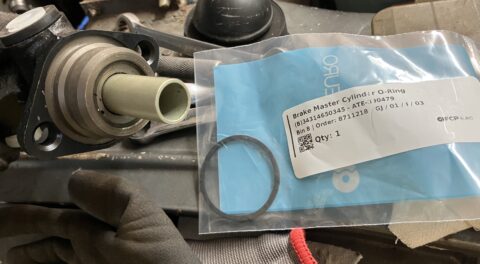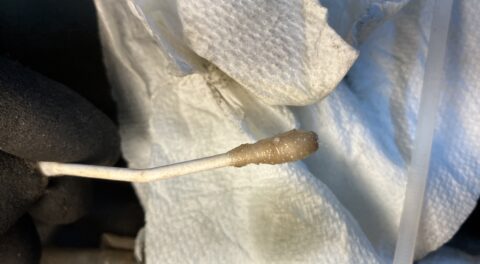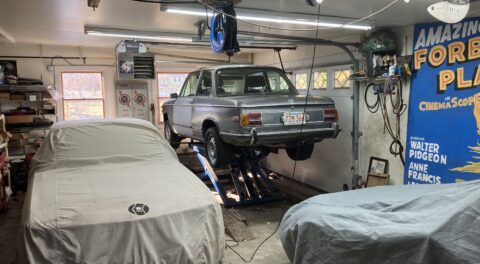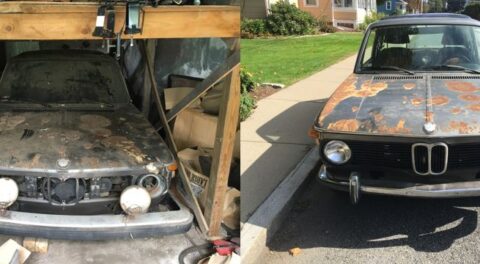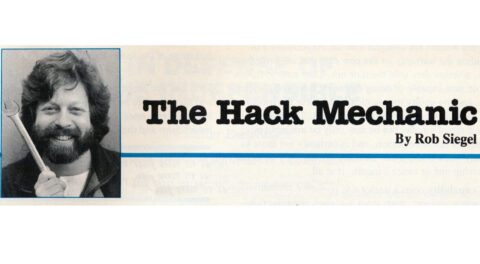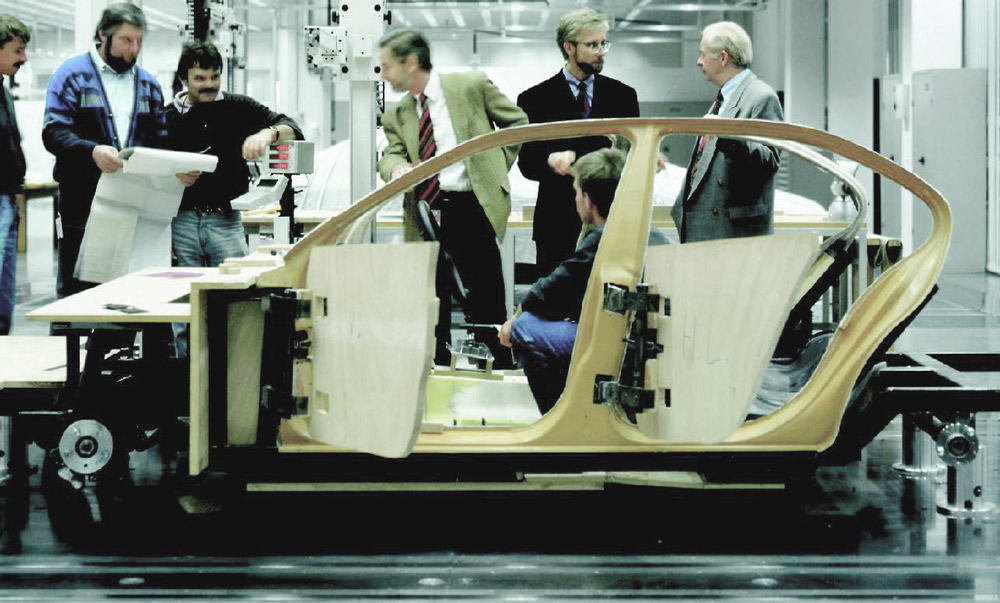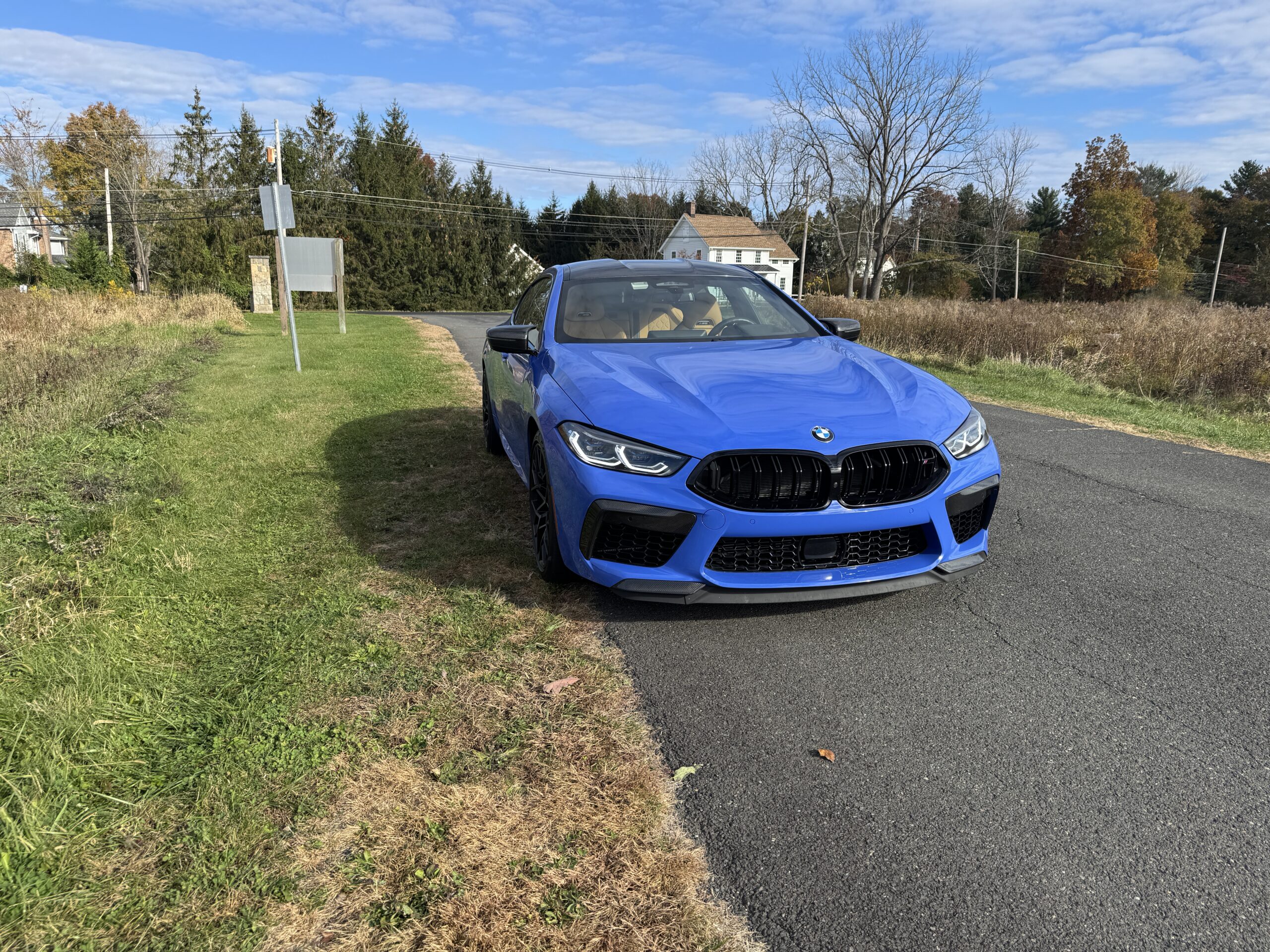Rob is dealing with a family medical issue, so this week we’re reprinting one of his favorite columns from Roundel magazine.
My father, who passed away in 1968 when I was ten, wasn’t a car guy. He was an electrical engineer. While of course those two things aren’t mutually exclusive, I definitely did not inherit my car guy tendencies from him (although, according to my mother, I did inherit his rationality and Zen-like repose, at least on my good days).
I mention the electrical engineer thing because it explains his tools. These weren’t car guy tools—no ½-inch ratchet sets or big wrenches or timing lights or anything. Owing to his profession, they were mostly small hand tools and electrical tools.
There was a soldering iron nearly the size of my forearm—laughably large compared with the pencil-sized tips on modern irons. I vividly remember the black-and-white braided cloth that covered the plug-in cord. When, years later, I learned how to solder and tried to use it, I was astonished that my father actually employed it to build the Heathkit amplifier that graced our living room. But the cord had become badly frayed, and I believe that, at some point, I considered it a fire hazard and threw it out, a decision I now deeply regret.
There was also a pair of wire strippers—the old-school ones with two jaws, one of which grabs the wire while the other cuts the insulation. As you squeeze the handle, the jaws separate, which strips the insulation off. I used to love playing with them when I was a kid, thinking that they looked like a two-headed monster out of a Japanese sci-fi film, and making the heads separate and the jaws open and close as if they were talking with each other.
I didn’t really treat these tools with any particular reverence, and so, fifty years after my father’s passing, nearly all of them are gone. On the one hand, it’s surprising, as I am an inveterate pack rat who sentimentally fills boxes with life’s mementos. But tools are different. As soon as they’re in a toolbox, they no longer have any special dispensation. They’re just tools, there to do the job, and suffer the same fate as other tools, be it loss or breakage.
I have a particularly fond memory of one specific tool and a rather creative crossover application into the BMW world. My father had a set of nut drivers, which are screwdriver-handled sockets. Since they don’t have a lever-arm, they don’t generate as much torque as a ratchet handle, but they’re perfect for things like assembly and disassembly of electronics, which is what he used them for. All the ones you find nowadays have plastic handles, but his set had wood handles. During my brief sojourn in Austin in the early 1980s, one of the 2002s I looked at was a car whose gearshift lever had snapped off very close to the ball that sits in the shift platform, making it un-drivable. A small nub remained of the snapped-off lever that was still proud by perhaps a fourth of the ball. I thought for a moment, drove the mile back to our apartment at the intersection of Speedway and West 35th, grabbed the nut drivers, went back to the car, and, sure enough, found that a 7/16-inch nut driver fit perfectly over the snapped-off nub, thus allowing me to test-drive the car. With its wood handle, it felt like it had found a home there in the 2002, even if it was a temporary one. I can’t remember why I didn’t buy the car, but I made a snap decision and donated the nut driver so others could drive it. Oddly enough, I don’t regret the decision, but if I ever see a 2002 with a wood-handled nut driver as a gearshift lever, I’ll probably break down in tears.
Nothing in my garage is well organized, and the tools are no exception. I have a large, two-level Craftsman tool box against the wall, but the tools I use the most often—sockets, ratchets, wrenches, screwdrivers—are in smaller plastic containers that I can grab and put next to a car. So, over time, what’s in the big toolbox has become an odd collection of tools I don’t use frequently. Like driving through your old hometown and looking for something familiar amidst the generic American sprawl, I can now identify only a tiny handful of my father’s tools. There’s but one wood-handled nut driver left (a quarter-inch driver), a wood-handled file, and oddly enough, a center punch. Three things. That’s it. It’s odd that these are the tools that survived, but this sort of random self-selection is often beyond comprehension.
There’s a wistful part of me that would want to take the quarter-inch nut driver, open up the old Heathkit amplifier my father built, and touch the driver to a nut he and it might have installed 60 years ago, but sadly, the amp was thrown away several years back in a basement-cleaning episode due to a misunderstanding with one of my kids who thought he was being helpful. I had to keep my emotions in check, but that’s nothing new. I am not going to poison one father-son relationship over an accidentally-discarded artifact from another.
I could pull these three remaining tools from the entropic environment in which they sit, and put them in a box, either physically or spiritually labeled “my father’s last three surviving tools,” but what would be the point? Let them continue to be tools, not pampered mementos. I actually used the file just last week. I recognized it instantly when I grabbed it, and smiled.
Besides, you never know when I might find another car with a snapped-off gearshift lever. Though, since all I have left is a quarter-inch nut driver, it’d better be a really small car.
—Rob Siegel
____________________________________
Rob’s newest book, The Best of The Hack Mechanic, is available here on Amazon, as are his seven other books. Signed copies can be ordered directly from Rob here.

